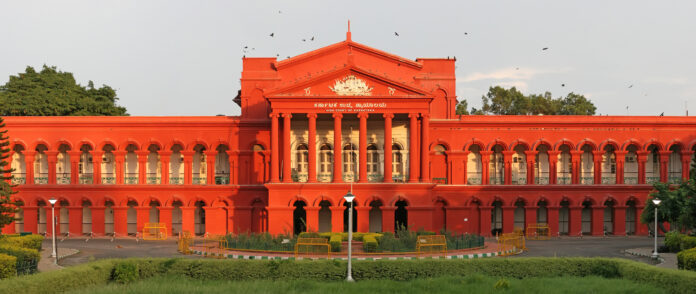The Karnataka High Court has advised the Indian government to consider age restrictions for social media users, suggesting age verification via Aadhaar. This aims to address concerns over children’s safety and addiction to digital platforms.
In a significant move towards protecting young internet users, the Karnataka High Court recently suggested that the Indian government mull over introducing age restrictions for social media users in the country. This recommendation has stirred a profound debate among legal experts, digital rights activists, and the general public on the impact and feasibility of such a measure.
The Economic Times highlighted the court’s proposition of authenticating users’ ages via identification documents, particularly Aadhaar. The court’s suggestion draws a parallel with the already established mandates in place for online gaming platforms in the nation. With digital platforms continually evolving and garnering vast amounts of users, especially younger audiences, the court’s concerns spotlight the pressing issue of online safety and addiction.
The internet and social media platforms, while beneficial in numerous ways, have also been breeding grounds for several problems, especially for younger users. From the spread of misinformation to cyberbullying and the alarming trend of internet addiction, the vulnerabilities are multifaceted. The court’s perspective, as reported, seeks to address some of these challenges. By implementing mandatory age verification, platforms can potentially curb underage access and mitigate some risks associated with young users.
However, the proposal does not come without challenges. Age verification through official documents, while seeming foolproof on paper, has its fair share of implementation issues. Concerns about privacy infringement, data misuse, and the overall efficiency of such a system in curbing the said issues need to be addressed.
The remarks made by the Karnataka High Court came during a hearing of an appeal by a social media company, referred to as “X”. The appeal was concerning the central government’s orders for content removal on their platform. While the case’s specifics might not be directly related to age verification, the broader context showcases the judiciary’s increasing attentiveness toward evolving digital landscapes and their inherent challenges.
In conclusion, while the Karnataka High Court’s recommendation is still in its nascent stages and might not see immediate policy changes, it undoubtedly paves the way for more rigorous debates on online safety in India. Whether age verification is the answer or not, the need for proactive measures to safeguard young netizens is undeniable.




